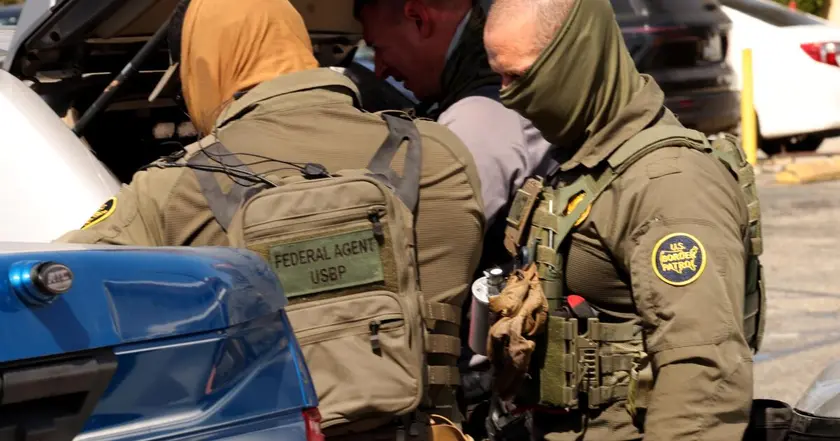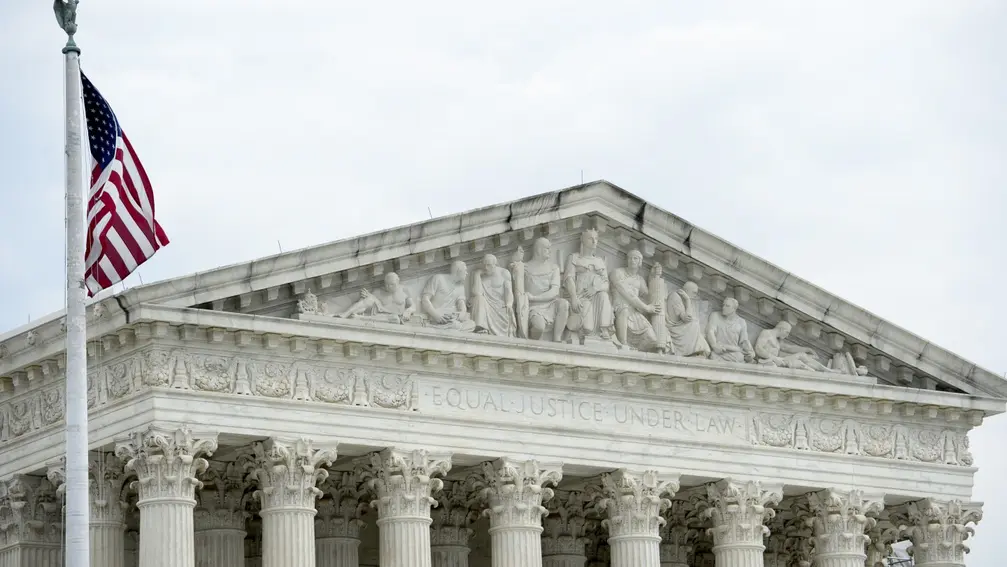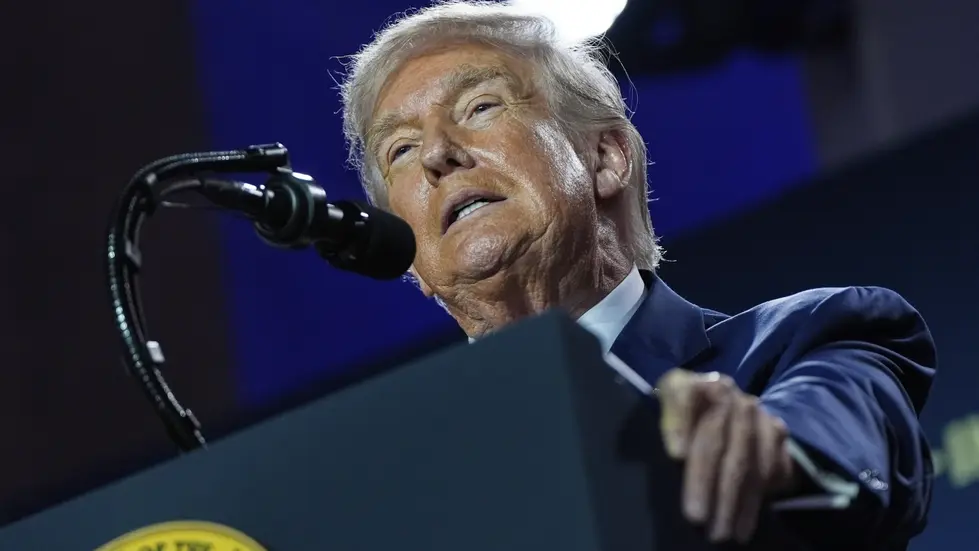T4K3.news
Appeals court blocks contempt case over deportations
A federal appeals court blocked criminal contempt proceedings against Trump officials over deportation flights under the Alien Enemies Act, overturning a lower court ruling.

A federal appeals court ruled a lower court abused its authority in pursuing criminal contempt over deportation flights conducted under the Alien Enemies Act.
Appeals court blocks contempt case against Trump officials over deportations
The U.S. Court of Appeals for the District of Columbia Circuit sided with the Trump administration in overturning a district court finding that officials could face criminal contempt for deportation flights. The 2-1 decision, written by Judge Gregory Katsas and Judge Neomi Rao, concluded the district court lacked proper authority to pursue contempt against senior government officials. The court also noted that the Supreme Court had, in April, vacated the underlying ruling that sparked the contempt proceedings.
Attorney General Pam Bondi called the ruling a major victory for the administration and its immigration agenda, while ACLU lawyer Lee Gelernt said officials should not have been removed from the case and that the parties may pursue further options. The dispute centers on the use of the Alien Enemies Act to justify deportations of individuals deemed gang members and on whether the government complied with due process requirements. The saga also touched on procedural delays linked to nominations and confirmations in the Justice Department and judiciary.
Key Takeaways
"The district court’s order raises troubling questions about judicial control over core executive functions like the conduct of foreign policy and the prosecution of criminal offenses. And it implicates an unsettled issue whether the judiciary may impose criminal contempt for violating injunctions entered without jurisdiction."
Katsas on the ruling’s implications for executive power and contempt
"Boasberg had no authority to pursue contempt findings because the Supreme Court had in April vacated his underlying ruling against the government."
Rao on the authority to pursue contempt
"Our system of courts cannot long endure if disappointed litigants defy court orders with impunity rather than legally challenge them. That is why willful disobedience of a court order is punishable as criminal contempt."
Pillard on respect for court orders
This ruling shows the friction between executive actions on immigration and the checks imposed by courts. Invoking a rarely used 18th century statute to deport people tests how far presidents can push policy within the law.
The panel’s split reflects broader political tensions around immigration policy and the role of the judiciary in foreign affairs. The decision may influence how future administrations handle high‑profile deportations and raises questions about the limits of contempt when judges alter or reverse executive actions through injunctions.
Highlights
- Courts must enforce the law even when politics push back
- Power lasts only if it rests on due process
- The law binds every branch even in sharp policy fights
- Defying court orders erodes trust in the system
Political and legal controversy around deportation flights
The case touches on presidential power, immigration policy, and the proper limits of court authority. It could provoke political backlash and public debate about due process and executive actions.
The legal fight over deportations is far from over, as courts continue to interpret the balance between power and process.
Enjoyed this? Let your friends know!
Related News

Appeals court overturns contempt finding in Venezuelan removals case

Federal appeals court halts contempt ruling

Ninth Circuit maintains block on ICE patrols in California

Trump reshapes government using emergency appeals

Judge pauses Kilmar Abrego Garcia’s release from custody

Justice Department files complaint against judge

Supreme Court blocks ruling that could harm Voting Rights Act

Court blocks Trump's birthright citizenship order
